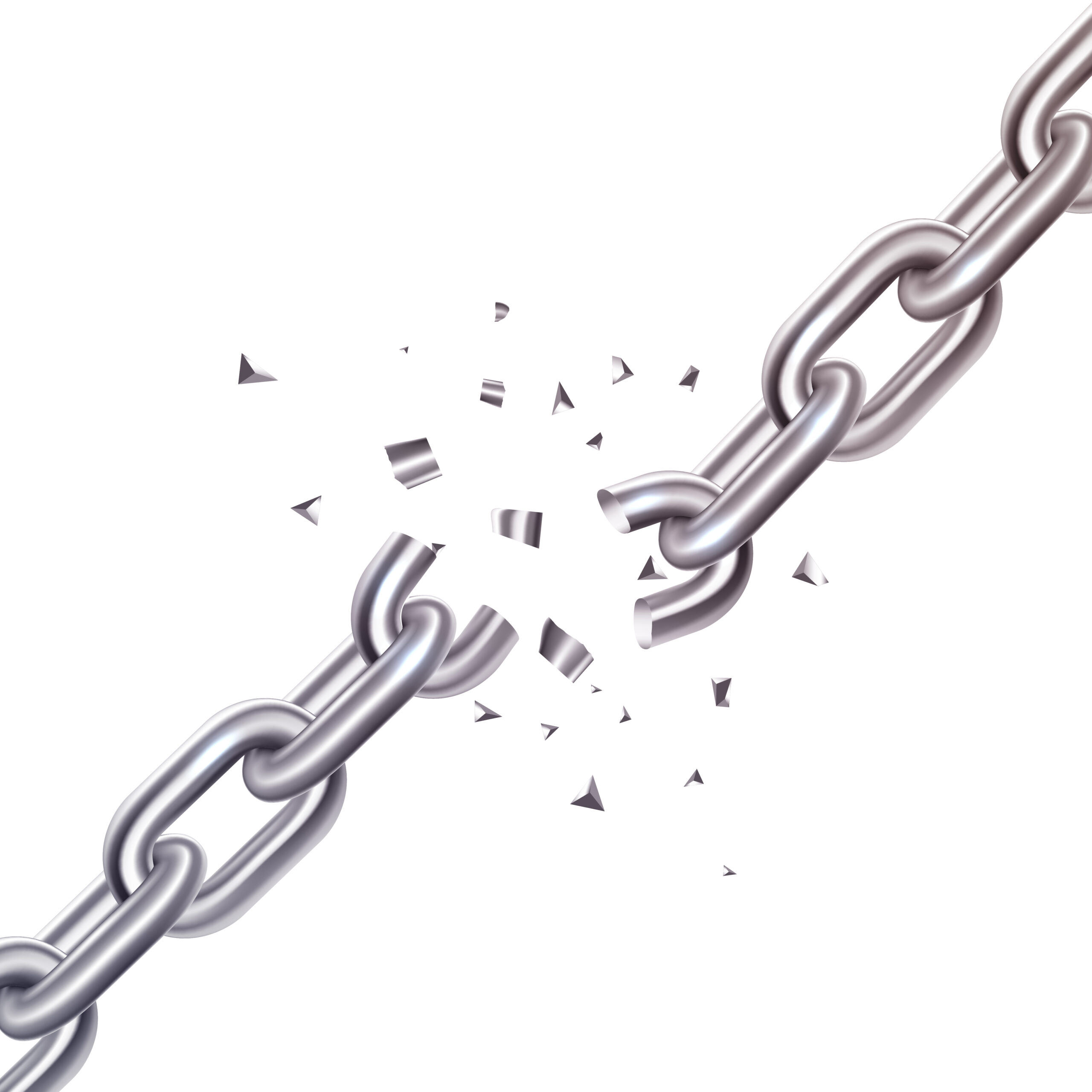I must have mentioned supply chains one time too many. Because recently my five-year-old asked me what a supply chain issue was at the breakfast table.
I gave him two examples of supply chains.
“If Daddy grows lettuce and sells it to his market customers, that’s a really short supply chain. Not much can go wrong.”

I made loops out of my thumbs and forefinger and hooked them together.
“It just has two links.”
“Three,” said Laverne. “My seed supplier. But if I couldn’t get seed it wouldn’t take long to grow my own.”
“Ok, three. Now, imagine if someone wanted to buy lettuce from someone in California. So first you have the grower.”
My oldest made a loop for the grower.
“Then she sells it to a packer.”
My second made a loop for the packer.
“Then she sells it to a distributor who trucks it across the country.”
My five year old made a loop for the distributor.
“And then he sells it to a grocery store.”
My husband made a loop for the store.
“And then I buy it.”
It was a long chain and we were getting tangled, so we unlooped our fingers and sat down again.
“Let’s say that the packer gets a head of lettuce that has E. coli, and it contaminates all her lettuce and she has to throw it all out. That breaks the chain.
“Or say the price of gas goes up and the distributor doesn’t make as many runs from California because it costs too much. Now we run out of lettuce once a week. Those are supply chain issues.”
My 5 year old nodded. He got it.
“That’s why you buy local,” someone said.
Yep. That’s right.
It’s bigger than just food security, though.
If you invest in a local business, the money tends to be used in other local businesses.
Maybe your car needs an inspection.
You could go to Walmart. A little of the money would go to the mechanic, and the rest would go to Walmart where, for the local community, it pretty much disappears.
Or you could go to your local garage and pay the mechanic who then pays a painter to paint his house and when the painter buys lunch at a local diner the money goes to pay the cook and the waitress, one of whom goes home and buys locally grown chicken feed from a farmer to feed her hens while the other pays a plumber to fix his toilet and the plumber buys a CSA from Hickory Run Homestead, (of course!), which is fortunate because the Homestead van needs an inspection at the local garage. . .
Each of these transactions is important. They add resilience to our local community, so we all can get what we need and want even if supply chains aren’t what they used to be.
It also helps our neighbors create a living doing what they want to do, which I think is pretty cool.
And don’t you love the relationships that spring up over time when you buy from people who live nearby? That doesn’t happen when you buy from Amazon or Walmart, (although you gotta love the convenience when you need something quick!)
Maybe this is an almost heretical thing to say in our society, but (I’ll whisper it). . .some things. . .that are worthwhile. . .are NOT the most convenient.
But they are still worthwhile.
And that’s just one of many reasons to buy local.
-Julie
What’s an inconvenience that you have found worthwhile? Leave a comment and let me know!

